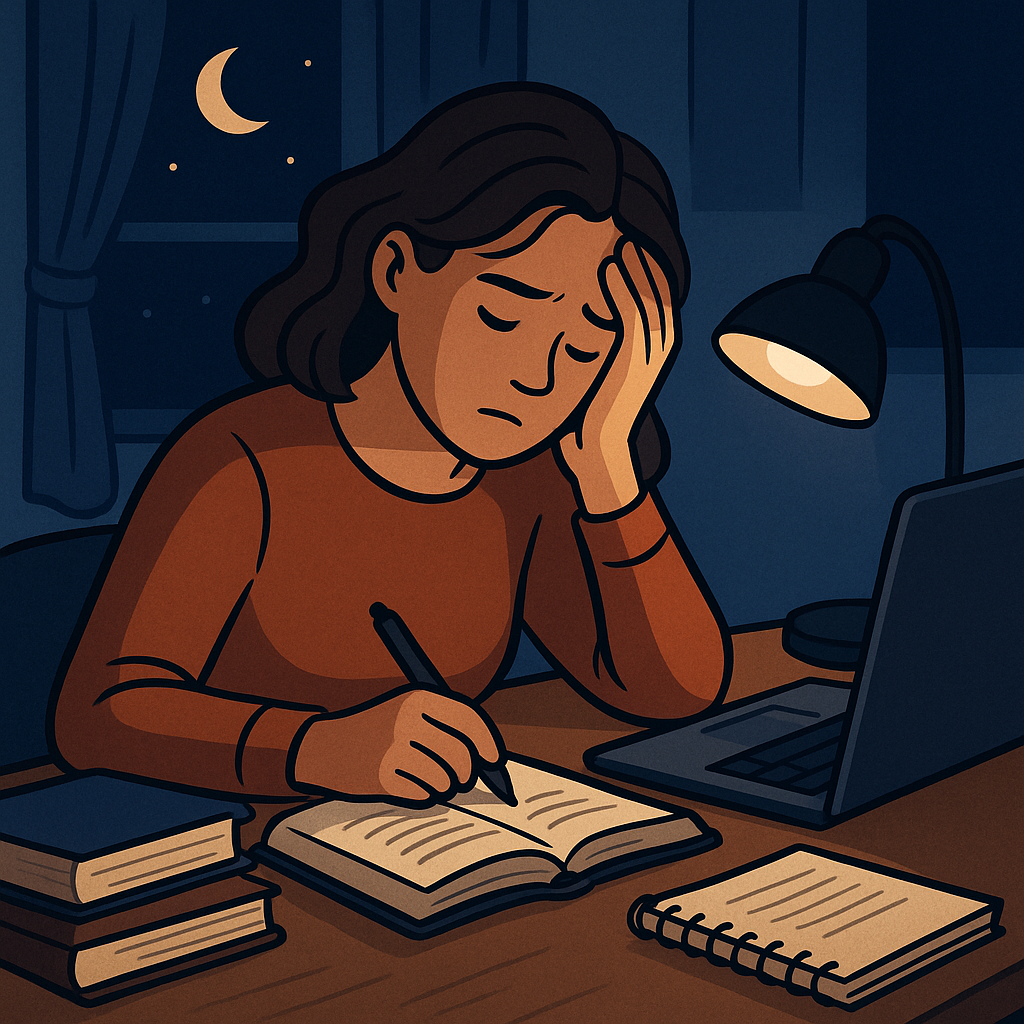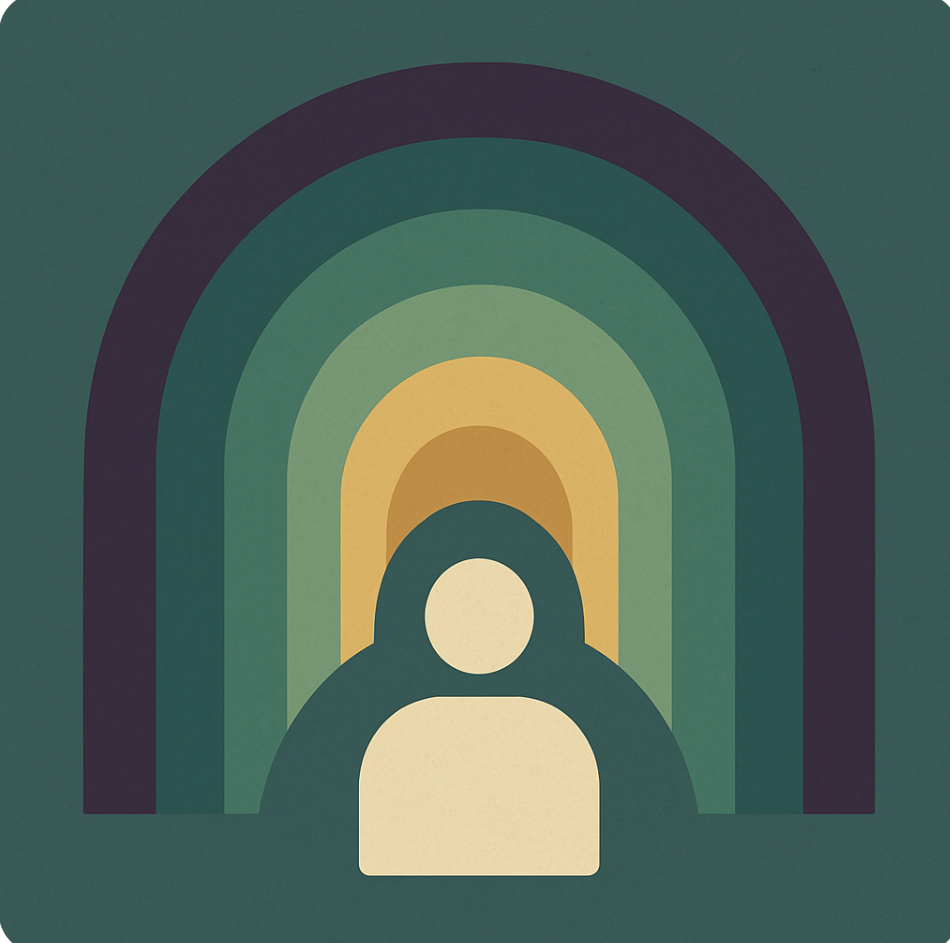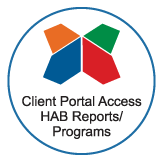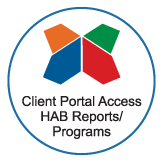When It All Hits at Once: Why High School Students Feel So Overwhelmed During Finals
You didn’t see it coming.
One moment, you were cruising through spring, checking off APs, half-planning finals. The next?
Group chats blow up with plans. Teachers drop reminders. Events everywhere.
Your planner’s full.
Your brain’s foggy.
Your motivation? Gone.
“I should study,” you think, but your hands scroll and your head spins.
This isn’t just a distraction—it’s decision fatigue in disguise.
🧠 Brain Insight: When your brain juggles too many decisions, it burns through mental energy fast. This is called cognitive overload, and it leads to mental fog, procrastination, and shutdown—even if you care deeply about your goals.
Why Finals Feel So Hard (And It’s Not Just the Workload)
Here’s what most students don’t realize:
Finals week stress for teens isn’t just about how much you have to do.
It’s about managing overlapping demands on your attention, energy, and emotional well-being—especially when you’re juggling academics, friendships, and fatigue.
What’s pulling at you:
- The pressure to keep up academically
- The desire to be there socially
- The fear of missing out—or falling behind
You’re not bad at time management.
You’re navigating a storm without a system.
Your Solution: The F.I.T. Framework for Focus and Energy Management
You don’t need to sacrifice your sanity—or your social life.
You just need a framework that protects your energy and helps you stay grounded when life doesn’t slow down.
🌟 The F.I.T. Framework
How to Stay Focused, In Control, and Thriving—Even During Finals Week
🔠 What It Stands For:
- F = Filter the Noise
- I = Intentionally Block Your Time
- T = Take 5 to Reset
✅ F = Filter the Noise
You don’t need more time—you need fewer decisions.
Use the FOMO Filter to ask:
- Will I regret not going?
- Will this energize or drain me?
- Is this aligned with what matters most this week?
🧠 Neuroscience says that your prefrontal cortex (the brain's decision-making center) loves clarity. Using a simple filter reduces stress and frees up bandwidth for focused work.
🎯 Outcome: You say “yes” with clarity and “no” without guilt.
✅ I = Intentionally Block Your Time
Ditch the marathon study sessions and the all-or-nothing guilt.
Structure your day into energy-friendly zones:
- Focus Zones → Deep work (45–90 min)
- Free Zones → Rest, scroll, chat, snack—whatever helps you reset, without guilt.
- Buffer Time → Short resets between activities
🎯 Outcome: You stay on track, take guilt-free breaks, and avoid burnout before it builds
✅ T = Take 5 to Reset
Each night, ask yourself:
- What did I finish?
- What can wait?
- What am I proud of?
🎯 Outcome: You close your day with clarity—and reset your brain for what’s next.
This Isn’t About Doing More
It’s about doing what matters—with intention.
The F.I.T. Framework helps you:
- Lower overwhelm
- Make confident decisions
- Show up for both finals
and life
You don’t have to choose between focus and fun.
You just need a structure that supports both.
Ready to Move Forward with Clarity?
May is Mental Health Awareness Month—a timely reminder to treat focus and rest as part of your well-being, not just your workload.
The F.I.T. Framework isn’t just about getting things done.
It’s about making choices that protect your peace and honor your mind.
Thriving in school and life starts with learning to support yourself from the inside out.












